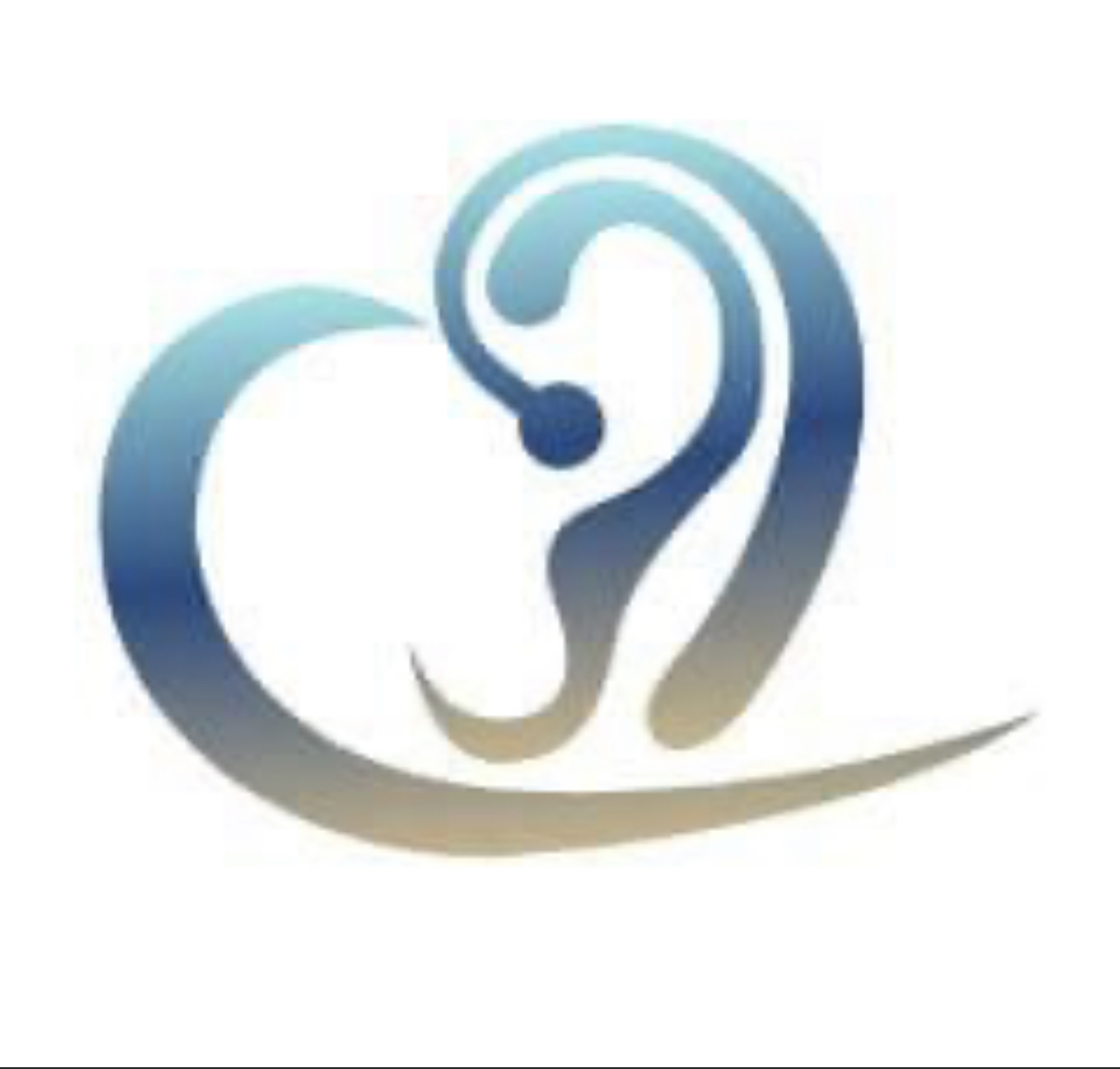How Audiometric Tests Assess Word Recognition
- OPTIMUM HEARING CARE

- Apr 7
- 3 min read
Audiometric tests are essential tools in assessing hearing ability, particularly when it comes to understanding speech in various environments. One key aspect of audiometric evaluations is assessing word recognition. This important process sheds light on how well individuals can perceive and understand spoken language, which is crucial for effective communication.
Understanding Word Recognition
Word recognition refers to the ability to identify and understand speech sounds. This skill enables individuals to distinguish words from background noise, which is vital in everyday conversations. Factors such as age, hearing loss type, and environmental conditions can significantly affect word recognition capabilities.
A strong grasp of word recognition is essential not only for personal interactions but also for academic and professional success. Poor word recognition can lead to misunderstandings and difficulties in social situations, making assessments in this area vital for many people.

The Importance of Assessing Word Recognition
Auditory skills rely on word recognition. This capability is particularly important for those experiencing hearing loss. Studies show that almost 48 million Americans experience some degree of hearing impairment, and understanding word recognition can significantly improve their quality of life.
During audiometric tests, evaluating word recognition can help identify the extent of hearing challenges and provide a roadmap for treatment options. For instance, results may indicate whether a person would benefit from hearing aids, auditory therapy, or other interventions. Furthermore, professionals can tailor their recommendations based on the specific difficulties individuals face in recognizing words.
How do you assess word recognition?
Assessing word recognition typically involves several standardized procedures. The most common method uses a word recognition test, wherein patients listen to a list of specific words presented at a controlled hearing level. These words may range from simple to complex, depending on the protocol of the assessment.
For example, a clinician may present a list of 50 monosyllabic words at a comfortable hearing level. The individual must repeat each word after hearing it. The clinician tallies the number of correctly recognized words to determine the person's word recognition score. This score reflects the patient's ability to understand speech and can guide further treatment options.
Additionally, these assessments are usually administered in controlled environments to minimize distractions. This ensures that the focus remains on the auditory task rather than competing background noise, increasing the accuracy of the results.

Factors Affecting Word Recognition Scores
Several factors can influence an individual's word recognition score. First, the type and severity of hearing loss play a pivotal role. For instance, individuals with conductive hearing loss may have different word recognition capabilities compared to those with sensorineural hearing loss.
Second, age can significantly impact word recognition. As people age, they may experience natural declines in hearing ability, which can distort speech perception. Research indicates that older adults often have lower word recognition scores than younger individuals.
Third, familiarity with the tested words can greatly affect performance. If the words presented are common or familiar to the individual, they are more likely to recognize and understand them. Conversely, unfamiliar words may lead to lower recognition scores, even in individuals with normal hearing.
Practical Applications of Word Recognition Assessments
The results from word recognition assessments have various practical implications. For healthcare professionals, understanding an individual's word recognition capabilities can inform intervention strategies. For instance, a patient with low scores may require training in communication strategies or assistive technology.
Moreover, word recognition performance can inform the customization of hearing aids. Audiologists often use these assessments to fine-tune the settings of hearing devices, ensuring that individuals receive maximum benefit from their aid in daily conversations. This personalized approach leads to enhanced social interactions and overall quality of life.

The Future of Word Recognition Assessments
As technology advances, the methods of assessing word recognition are also evolving. Innovative solutions are making these assessments more accurate, efficient, and accessible. For example, telehealth services are now allowing audiologists to conduct assessments remotely using specialized software and apps.
These advancements not only improve how assessments are performed but also increase awareness of hearing health among patients. With more people able to easily access and understand word recognition testing, early identification of hearing issues can lead to timely interventions — ultimately enhancing quality of life for countless individuals.
Final Thoughts
Word recognition is a crucial aspect of our ability to communicate effectively. Understanding how audiometric tests assess this skill provides valuable insights into hearing health and treatment pathways. With early detection and appropriate interventions, individuals experiencing hearing challenges can reclaim their capacity for meaningful communication and engagement in daily life.
As research and technology continue to evolve in the field of audiology, it remains paramount for individuals to pay attention to their hearing health. Regular assessments and awareness about word recognition issues can lead to better outcomes and richer life experiences. Whether it's engaging in conversations, enjoying music, or participating in social activities, clear hearing is fundamental to a fulfilling life.








Kommentare